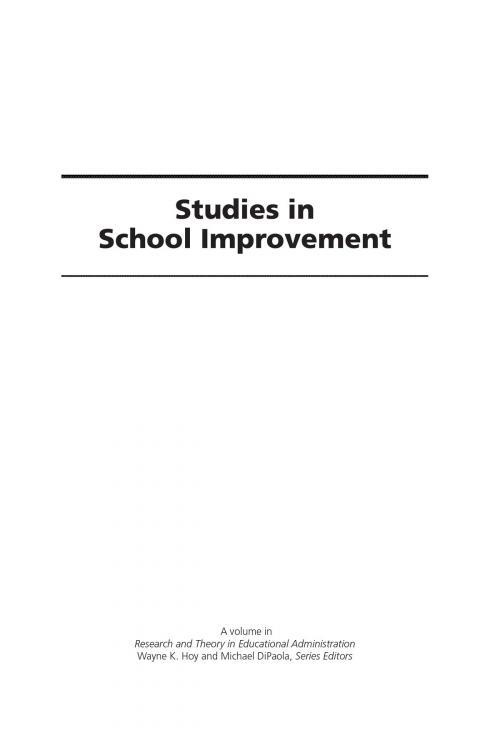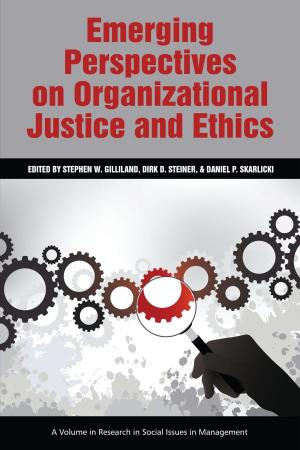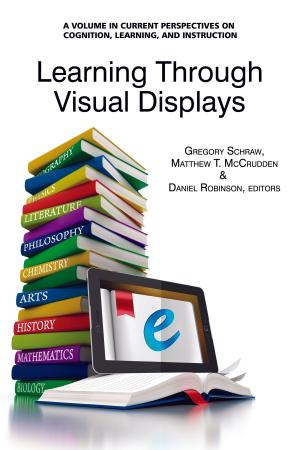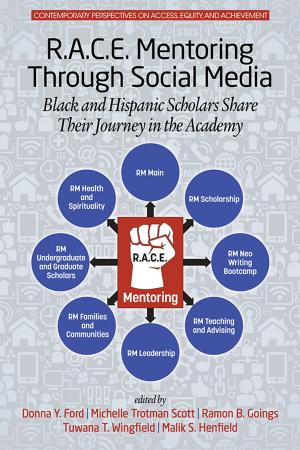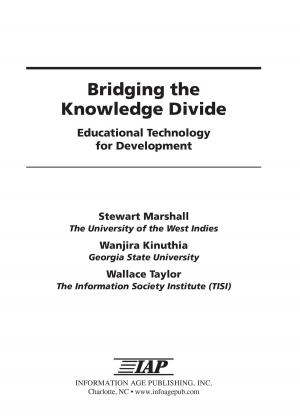Studies in School Improvement
Nonfiction, Reference & Language, Education & Teaching, Administration| Author: | ISBN: | 9781607522010 | |
| Publisher: | Information Age Publishing | Publication: | April 1, 2009 |
| Imprint: | Information Age Publishing | Language: | English |
| Author: | |
| ISBN: | 9781607522010 |
| Publisher: | Information Age Publishing |
| Publication: | April 1, 2009 |
| Imprint: | Information Age Publishing |
| Language: | English |
Studies in School Improvement is the eighth volume in a series on research and theory in school administration dedicated to advancing our understanding of schools through empirical study and theoretical analysis. This selection of readings highlights a number of important factors in the stimulation and implementation of school improvement, including transformational leadership; change perspectives of teachers, principals, and the community; strategies for instructional change; learning environments and school culture; dropout prevention; professionalism; trust relations between the teachers and the board as well as trust between students and teachers; and admission decisions for educational leadership programs. In addition, a number of new, reliable and valid measures are developed and presented for the first time—instruments to assess: 1) change perspectives of the faculty, 2) professionalism of teachers, and 3) trust relations between students and teachers. These tools are valuable aids for both researchers and practitioners in their quest to understand and implement successful school improvement projects.
Studies in School Improvement is the eighth volume in a series on research and theory in school administration dedicated to advancing our understanding of schools through empirical study and theoretical analysis. This selection of readings highlights a number of important factors in the stimulation and implementation of school improvement, including transformational leadership; change perspectives of teachers, principals, and the community; strategies for instructional change; learning environments and school culture; dropout prevention; professionalism; trust relations between the teachers and the board as well as trust between students and teachers; and admission decisions for educational leadership programs. In addition, a number of new, reliable and valid measures are developed and presented for the first time—instruments to assess: 1) change perspectives of the faculty, 2) professionalism of teachers, and 3) trust relations between students and teachers. These tools are valuable aids for both researchers and practitioners in their quest to understand and implement successful school improvement projects.
